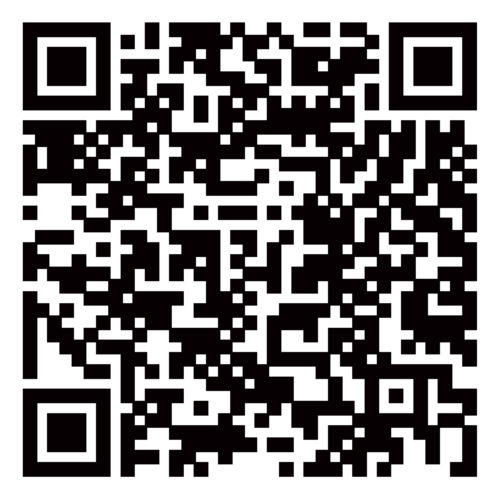
Fever and Cough for Infants and Young Children, Could it be RSV?
What Could Be the Cause of Fever and Cough in a Kindergarten if it Isn’t the Flu?
Many parents haven’t heard of Respiratory Syncytial Virus (RSV) which can cause similar symptoms to the Flu, so today we’re going to learn about it.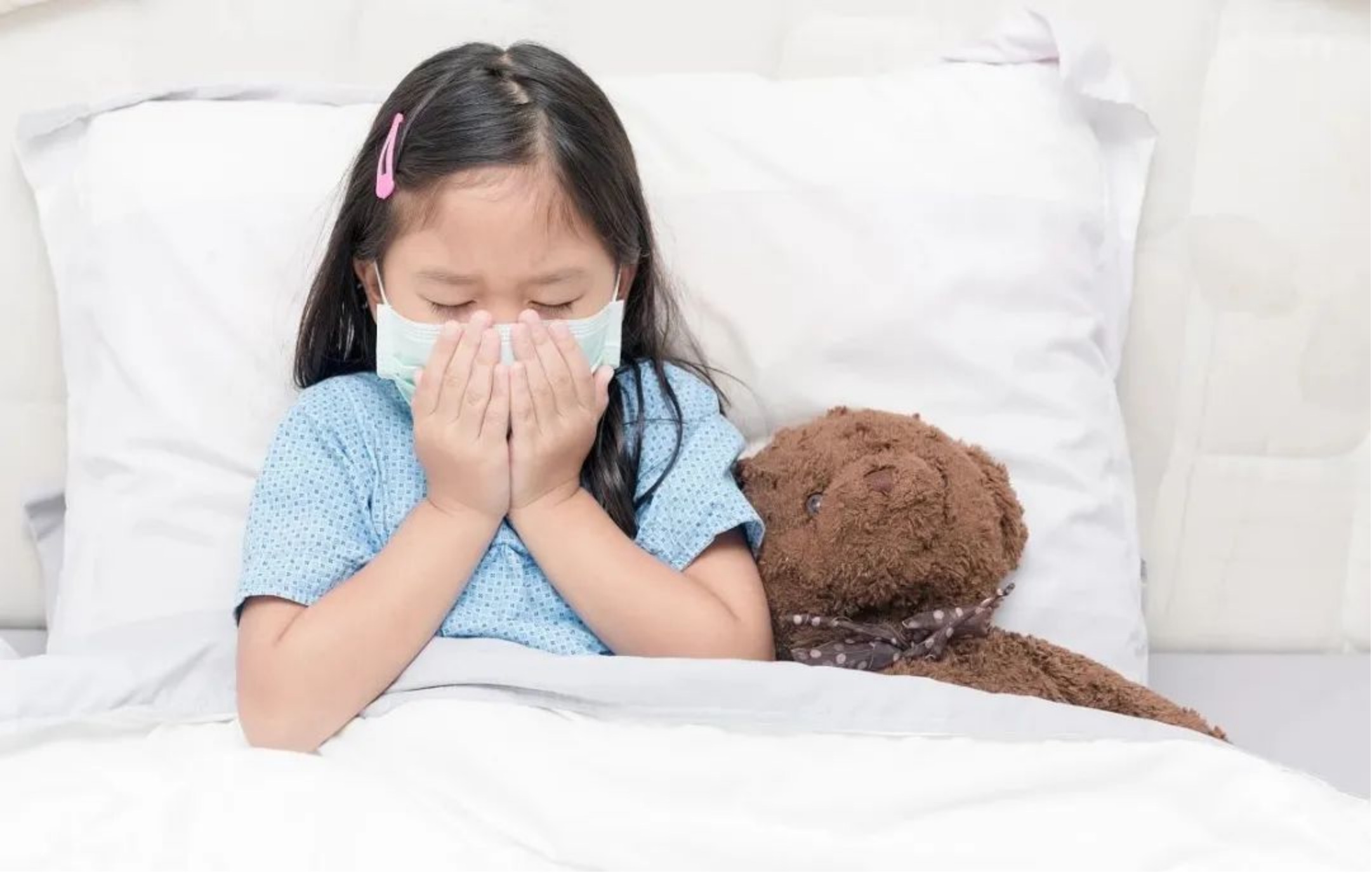
Q1:
What is Respiratory Syncytial Virus?
Respiratory Syncytial (sin-SISH-ul) Virus, abbreviated RSV, belongs to the human virus family of Paramyxoviridae and is an RNA virus. The dominant virus strains mutate every year and are prone to repeated infection.
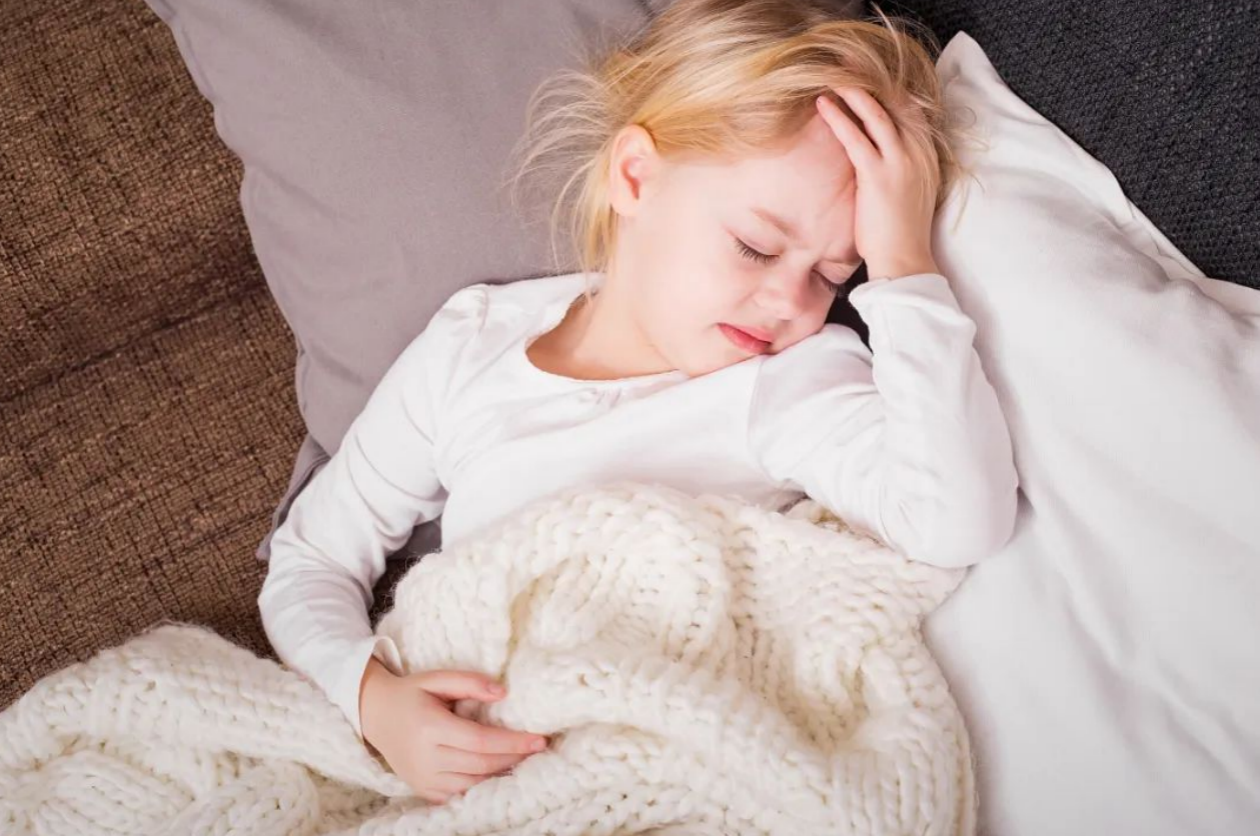
The epidemic season for RSV in the Northern Hemisphere is usually from October and November to April and May of the upcoming year, with the peak period being from January to February.å
The epidemic season in the Southern Hemisphere is generally from May to September every year, with the peak being from May to July.
Q2:
What are the Symptoms After Infection?
RSV has an incubation period of 2 to 8 days and can infect both children and adults.
Primary Infection in Infants and Young Children:
For young children severe RSV can lead to bronchiolitis and pneumonia, which may require hospital care. RSV can also make existing heart and lung conditions worse.
RSV generally causes bronchiolitis in young children (usually less than 2 years of age), which initially presents as a runny nose (2-3 days into the infection) and may be accompanied by fever (usually < 38.3℃).
The peak period (3-5 days into the infection) presents as coughing and wheezing, and some infants may have breathing difficulties and respiratory failure, which is a primary reason for infant death.
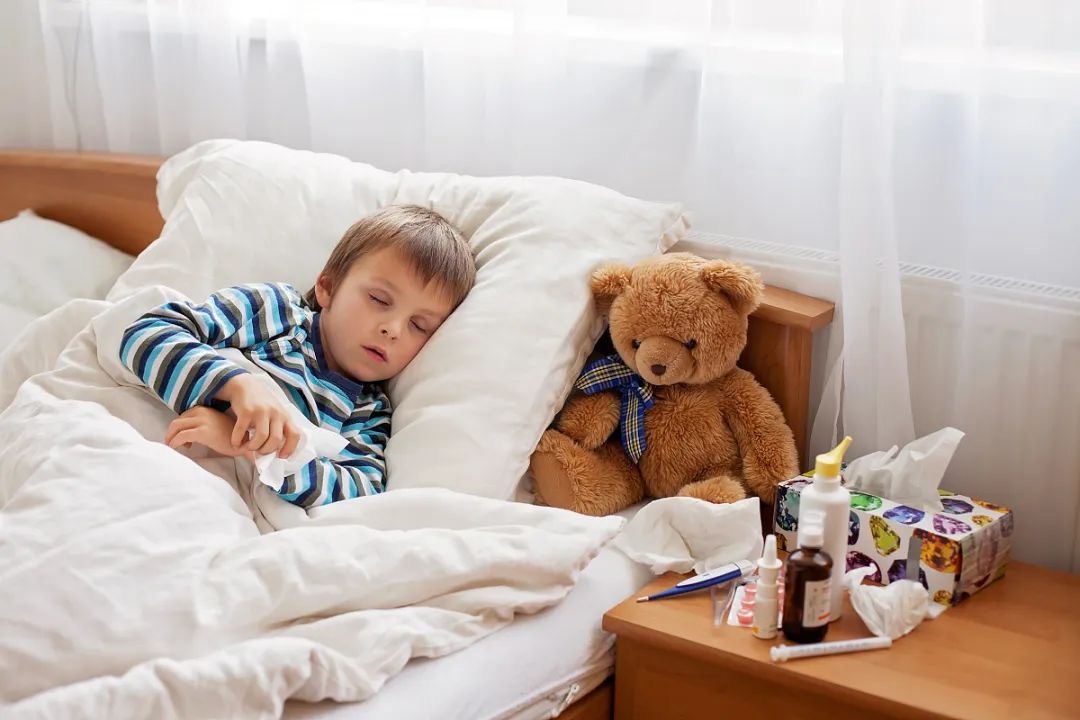
Infection in Older Children and Adults:
The main symptoms of RSV in older children and adults are upper respiratory tract infections, pharyngitis, or bronchitis, which can include high fever, runny nose, coughing, and wheezing, which can be mistaken for influenza because the symptoms are very similar.
Mild RSV is like the common cold and doesn’t require treatment from a healthcare provider and usually goes away on its own within 1 to 2 weeks. RSV may be associated with repeated wheezing in some children, so it should be monitored during the illness. More severe cases of RSV may last longer.
Q3:
How Can RSV Be Prevented?
The primary way to prevent RSV is to reduce exposure. You can help to prevent the spread of RSV by the following:
▲Wash your hands frequently with soap & water, and clean & sanitize frequently touched surfaces like toys and common rooms regularly.
▲Teach your children to cover their noses and mouth by sneezing and coughing into their elbows, to avoid using their hands.
▲ Keep your children home from school or daycare when they or other children become ill.
▲ If you have a child at high risk of developing severe RSV, try to limit their time in large social settings during the RSV season.
Q4:
Treatments That Can Help Your Child Feel More Comfortable.
▲Drinking fluids to stay hydrated and eating regularly even if you have a low appetite. If your child’s urine volume is significantly reduced than usual, go to the doctor immediately. Children over 1 year old can take honey to reduce phlegm, one to two tablespoons each time, morning, and evening.
▲ Eat light and digestible food and avoid greasy and difficult-to-digest food.
▲ Keep the air humidity at about 50%. If the air is very dry, use a humidifier to clean and change the water every day.
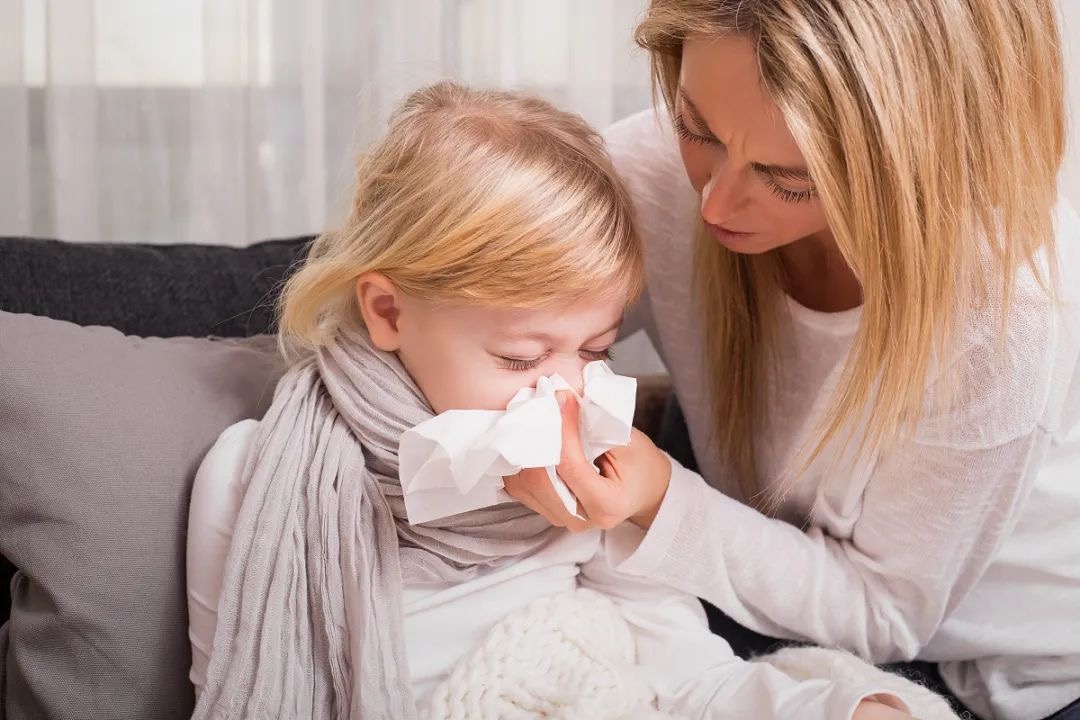
▲ Acetaminophen or ibuprofen can be taken orally to reduce fever if the temperature under the armpits exceeds 39℃ and children under 18 are NOT allowed to take aspirin. Talk to your doctor before taking any over-the-counter cold medications, especially medications you plan on giving a child, to make sure it’s safe.
▲ Using sterile sea saltwater nasal sprays to loosen mucus, and a nasal aspirator to gently suck out nasal mucus can alleviate the symptoms of a child.
▲ Avoid passive smoke and smog. Use air purifiers at home to keep the surrounding air fresh and clean.
▲ Get plenty of rest and sleep to reduce fatigue.
Q5:
Conditions That Require Medical Attention
1、Shortness of Breath
When the child breathes, you can see the nostrils flare (wide open), visible chest retractions, the ribs stick out, and/or the neck muscles tighten. The child’s feeding needs to be interrupted many times and accompanied by forced breathing, which indicates that the child already has obvious breathing difficulties.
2、Cough with a heavier mucus sound
A heavy mucus sound when coughing, especially when there is noisy breathing (high-pitched whistling noise) when breathing in or out. There could be an obstruction of breathing by which you need to see a doctor.
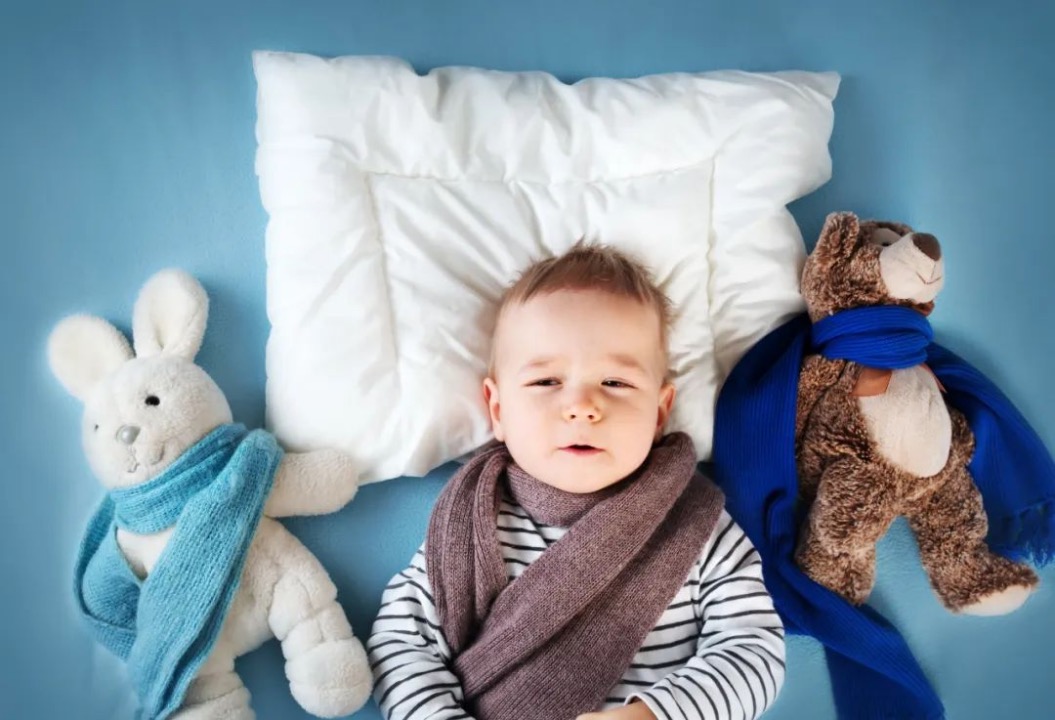
3、Fever
Infants younger than 3 months of age with fever (axillary temperature greater than 37.4C) need timely medical treatment for more than 1 day, and children older than 3 months of age with recurrent fever for more than 3 days also need timely medical treatment.
4、Poor Mental State
When the child appears irritable, drowsy or has unexpected fussiness.
5、Decreased Urine Output
If the child’s urine output is significantly reduced, it also needs prompt medical attention.
Q6:
Pediatrician Tips:
→ Do not take lightly your child’s cough. To avoid misdiagnosis, you should better understand the characteristics of RSV. As previously mentioned, influenza, mild viral, and bacterial respiratory infections can be very similar.
→ Due to advanced diagnostics like blood tests, people often make the mistake of relying on them and believe that high levels of white blood cells (WBC) and C-reactive protein (CRP) means you should give your child antibiotics.

→ A slight increase in white blood cells or CRP may also occur when infected with RSV. Antibiotics may be ineffective in alleviating the condition, but a child may also suffer from additional side effects.
→ To diagnose RSV your doctor will review your child’s medical history, learn more about the symptoms, examine your child and do a nasal swab test that can detect the virus. Blood tests may not be necessary. The results of the nasal swab can be obtained in about 15-20 minutes. For suspected cases, RSV can be detected quickly in the hospital.



